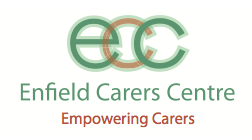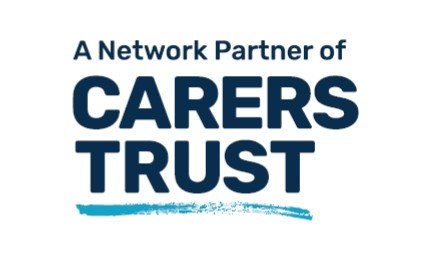What Do We Pay Towards Social Care?
The amount that a person has to contribute towards their care, in Enfield, is calculated using a Contributions Policy. There are two policies one for if the person is receiving care in the community and another if they are in residential care.
Basically, a service user is allowed a Minimum Income, (the amount of which differs depending on age and circumstances), any costs directly related to their housing and an allowance for Disability Related Expenditure (DRE); any income in excess of this are considered available to be used towards social care contributions. At the time of writing if a person’s savings are under £14,250 then they are disregarded, for every £250 above this £1 a week is considered as income that can be used towards their contribution; if they have savings above £23,250 then they would be considered able to fully fund their own care needs.
Are the Carer’s Income/Savings Taken into Account?
No, it is only the service user’s means that should be considered when calculating contributions. If they have a joint account with another person then 50% of the money in that account would be allocated to them, unless it can be evidenced that the other person contributed more into that account and therefore the services user’s percentage should be reduced.
There are certain non-mean tested benefits that are not considered as income, such as mobility components of disability benefits; at time of writing Enfield does not consider the night care component as income. However, other benefits such as ESA, and the rest of care component of DLA, PIP and AA are considered income, which can be used towards paying for care.
If a person is in residential care then they are considered to only need a small allowance of money, most of their income would be considered available to be used towards care costs; if they own a property then the value of this will be considered also after 12 weeks of them being within residential care, unless there is someone still living in the property that falls within the category that allows the property to be disregarded.
Are there any other exemptions from paying contributions towards Social Care?
If the service user qualifies for Continuing Health Care (CHC), qualifies for Section 117 After-care under the Mental Health Act or has a diagnosis of Creutzfeldt-Jakob disease (CJD) then they do not have to contribute towards their social care.





